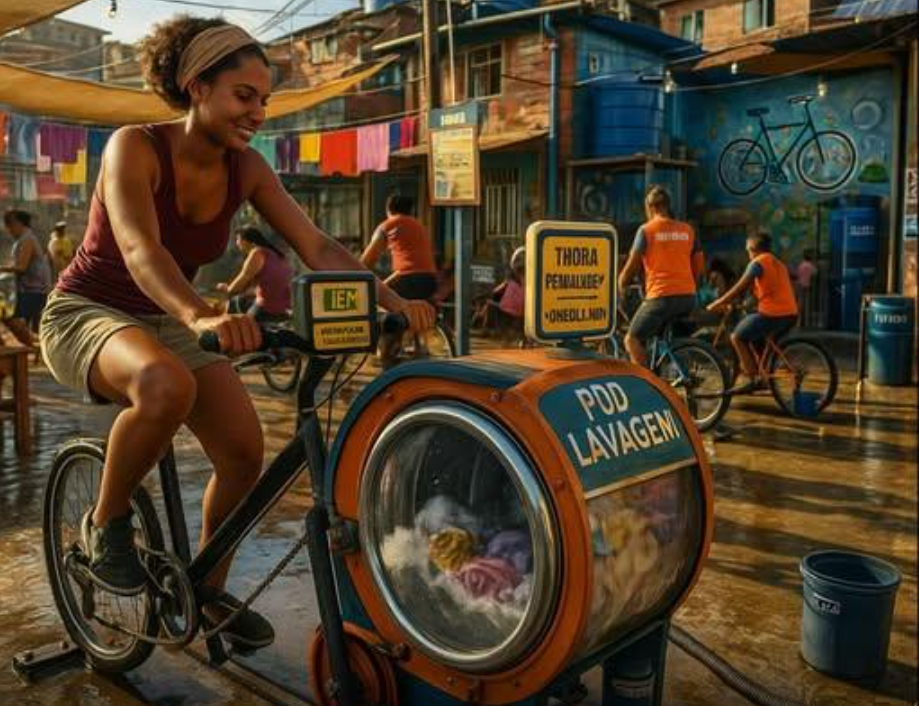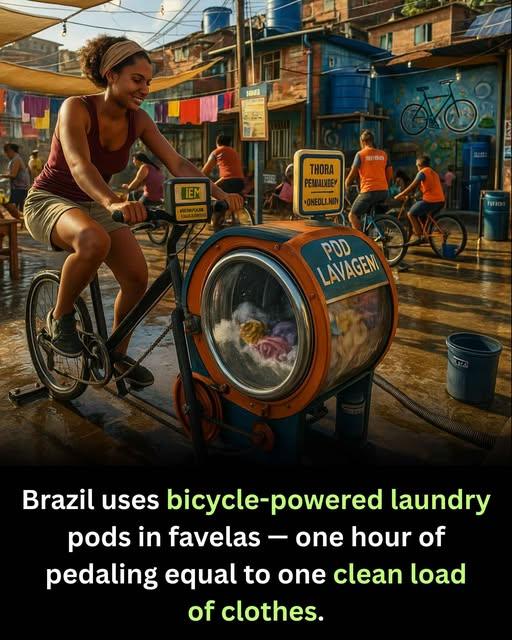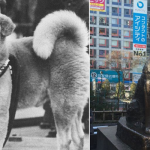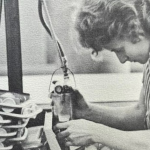Spinning Change: Bicycle-Powered Laundry Pods in Brazil’s Favelas

In the vibrant but under-resourced favelas of Brazil, a simple yet powerful invention is transforming daily life — bicycle-powered laundry pods. These eco-friendly machines run entirely on pedal power, allowing residents to wash clothes without relying on electricity or expensive utilities. By pedaling for about an hour, users can complete a full wash cycle, cleaning their clothes while also getting in a healthy workout. In communities where access to stable power and water is limited, this solution offers both practicality and independence, proving that innovation doesn’t have to be complex to be life-changing.
The design of the bicycle-powered laundry pod is brilliantly straightforward. A stationary bike frame is connected to a sealed drum that acts as the washing machine. As the user pedals, the drum spins, mimicking the action of a traditional washer. The clothes are agitated and cleaned through the movement of the drum, and a final rinse and spin cycle uses centrifugal force to remove excess water. It’s a low-tech but high-impact solution that requires no electricity, very little water, and can be built with affordable, locally available materials — making it accessible and sustainable for low-income communities.

For many families in Brazil’s favelas, these machines are more than just a convenience — they’re a source of economic relief. By eliminating the cost of electricity and commercial laundry services, families can save much-needed money. In addition, these machines use significantly less water than traditional hand-washing methods, helping to conserve one of the community’s most precious resources. In some areas, neighbors gather at shared laundry stations to take turns pedaling, turning what used to be a tiresome chore into an opportunity for community bonding and mutual support.
These bicycle-powered laundry pods are a shining example of how grassroots innovation can meet everyday challenges with dignity and sustainability. In places where modern infrastructure is lacking, human-powered solutions are not only practical — they’re empowering. These machines give people control over a basic but essential part of life: clean clothes. More than that, they reflect the creativity and resilience of the communities that use them. In every rotation of the drum, there is a message: that even the smallest, most human-centered ideas can drive meaningful change — one pedal at a time.








